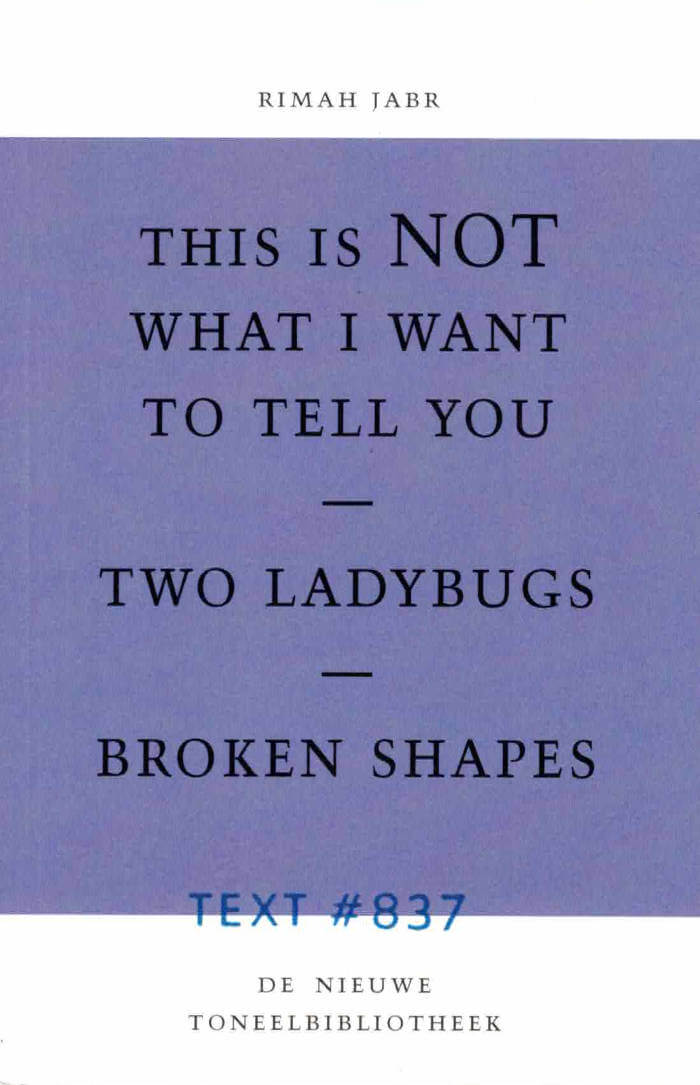
Notes on Choreography
On the occasion of Merce Cunningham's centennial comes this edition of his classic and long-out-of-print artist's book Changes: Notes on Choreography, first published in 1968 by Dick Higgins' Something Else Press. The book presents a revealing exposition of Cunningham's compositional process by way of his working notebooks, containing in-progress notations of individual dances with extensive speculations about the choreographic and artistic problems he was facing.
Illustrated with over 170 photographs and printed in color and black and white, the book was described by its original publisher as "the most comprehensive book on choreography to emerge from the new dance ... [which] will come to stand with Eisenstein's and Stanislavsky's classics on the artistic process." By the time these notebooks were published, Cunningham had already led the Merce Cunningham Dance Company for 15 years, and had collaborated with Cage and others on milestones such as Variations V (1966) and RainForest (1968), the latter with Andy Warhol, David Tudor and Jasper Johns.
Along with his essay collection Dancing in Space and Time (1978), Changes is one of the most significant publications on Cunningham's enduring contributions to dance, which developed through collaboration with John Cage to incorporate formal innovation with regard to chance, silence and stillness.
Language: English






.jpg)
